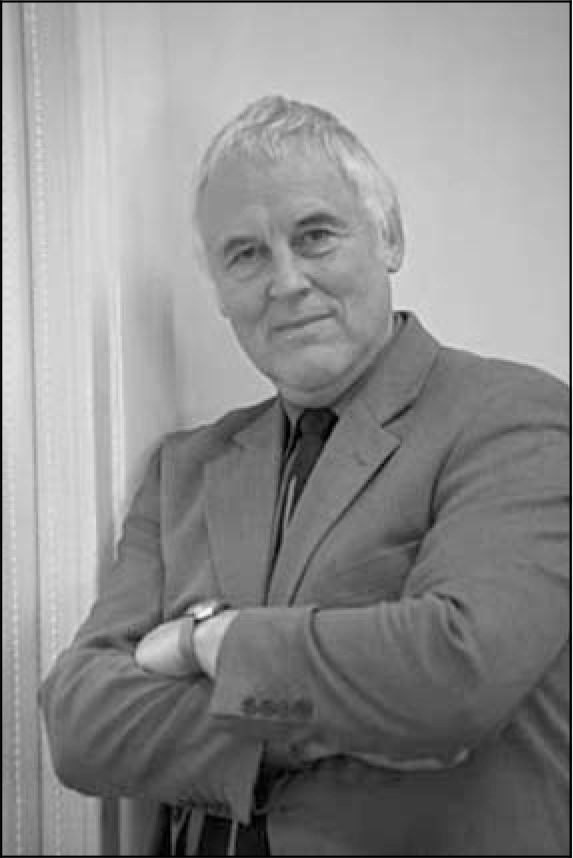Paul Mullen is Professor of Forensic Psychiatry at Monash University, Australia and Clinical Director, Victorian Institute of Forensic Mental Health. He trained at the Middlesex and Maudsley Hospitals and the Institute of Psychiatry.

If you were not a psychiatrist, what would you do?
I was unusually fortunate in finishing up in medicine where I wished, above all, to be, but had the dice fallen otherwise anything from labouring to accountancy would have sufficed.
What has been the greatest impact of your profession on you personally?
It has encouraged my innate pomposity, and dulled the enraged iconoclasm; which was my most honest attribute.
Do you feel stigmatised by your profession?
Sadly hardly at all, I would quite enjoy some spurious sense of being among the rejected of the earth. Those who are by nature suspicious and over-sensitive doubtless can interpret the mixture of curiosity and scepticism with which our speciality is greeted, particularly by other health professionals, as stigmatising. Equally however, their reactions could be interpreted as envy, incomprehension or a perfectly reasonable response to our peculiar area of endeavour.
What job gave you the most useful training experience?
The 9 months that I spent at the psychotherapy department at the Maudsley was probably the most useful. It allowed me to develop interviewing and interpersonal skills which, for better or for worse, continue to characterise my interactions with patients. It also allowed me to come to terms with the limitations of the psychodynamic approaches and to realise that however interesting and however, on occasion, effective, they were irrelevant when it came to most of the serious tasks of psychiatry.
What part of your work gives you the most satisfaction?
… research and service development. I have enjoyed research that aims to derail the juggernauts of official wisdom and entrenched assumption. The other increasing area of personal satisfaction is being able to contribute to developing improved systems of care for mentally disordered offenders.
What is the most promising opportunity facing the profession?
To… move away from defining what mental health professionals do in terms of constructs like personality disorder and focus on actual behaviours and actual types of psychological and emotional disturbance that so distress and limit a significant minority of people.
What single change would substantially improve quality of care?
A return to a situation where our patients could be eased back into useful employment, either in sheltered workshops or in designated and protected jobs for the disabled. I am old enough to remember a time when the object of rehabilitation for the severely mentally ill was to return them to open employment. The world of work has changed dramatically since that time, but nevertheless, a society that cares about the disabled should ensure that they find real and gainful employment that is compatible with their capacities.
What conflict of interest do you encounter most often?
I suspect that the ones that I encounter most often are those that I simply don't notice.
Do you think psychiatry is brainless or mindless?
Ultimately, it is the progress of the sciences central to psychiatry that will free us from the dangers of the Priests of psychodynamics, and the Priests of genetics and neurobiology. Until that time, the trick is not to buy into systems of belief on the mistaken assumption that they are systems of knowledge. And not to buy into trivial debates about which mythology is best under the guise of brainless versus mindless.
What is the most important advice you could offer to a new trainee?
To beware the advice of their elders and supposed betters.
What are the main ethical problems that psychiatrists will face in the future?
I have a horrible feeling that most ethical problems amount to practical problems compounded by battles for power and control.
What single change to mental health legislation would you like to see?
The abolition of all forms of mental health legislation. We will only seriously confront the problems of the stigmatisation of the mentally disordered when we abandon any form of legislation that enables this group of people to be treated on a different basis from other groups of people with problems and disorders.



eLetters
No eLetters have been published for this article.